We’re excited to introduce you to the always interesting and insightful DAWOLU SAUL. We hope you’ll enjoy our conversation with DAWOLU below.
DAWOLU, appreciate you joining us today. Any thoughts around creating more inclusive workplaces?
We should avoid building teams of like minded, people who all look the same and have similar lived experiences, I want to build teams of people who will bring their cultural backgrounds and experiences, religious beliefs, their unique way of thinking and their ability or even inability in a particular skill set to the team.
Within the communication space we often look for expert communicators, but we can also enrich a team with a little policy or program expertise here and there as well. In doing so, we increase the diverse perspectives of our teams also.
You just need to take the risk and act.
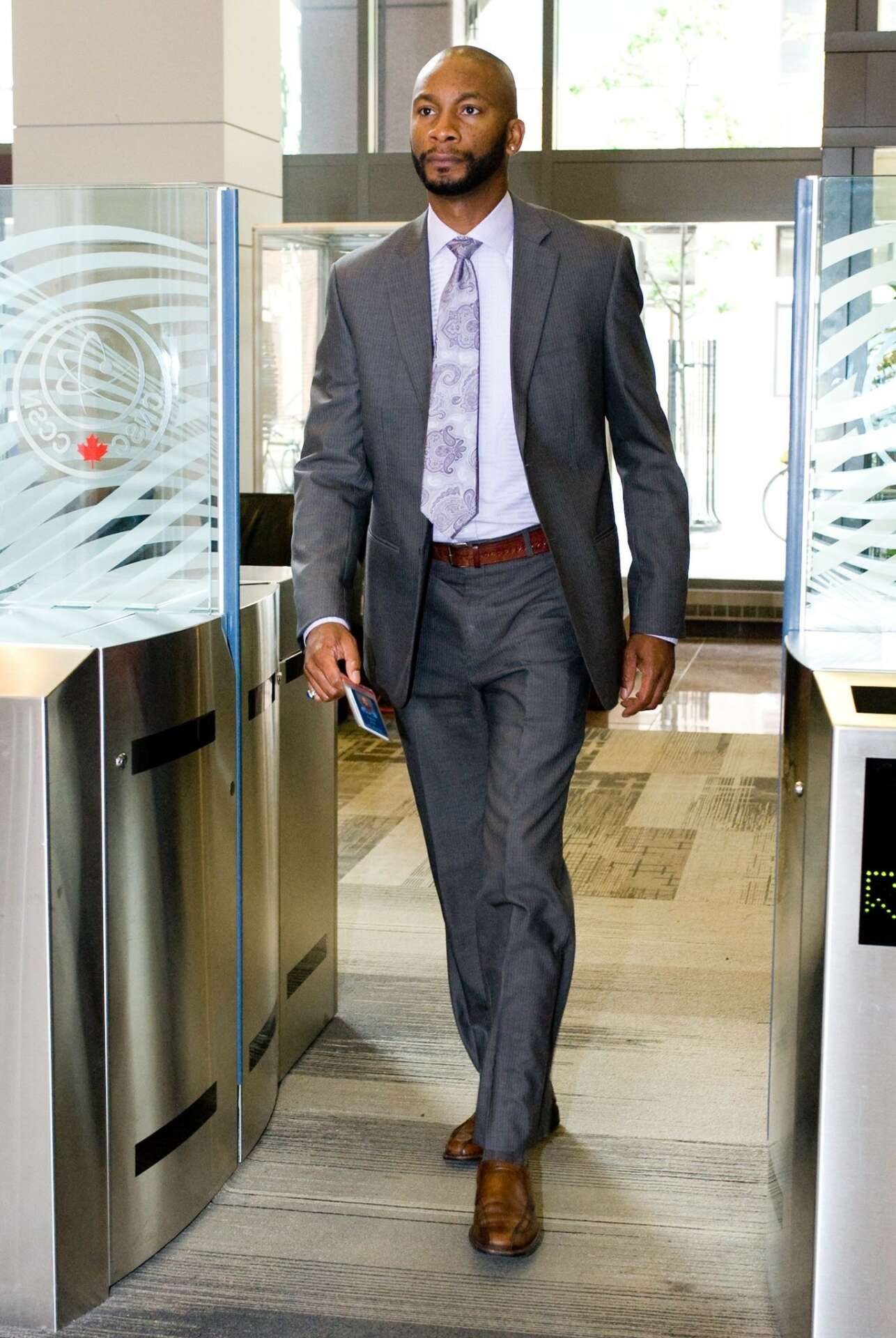
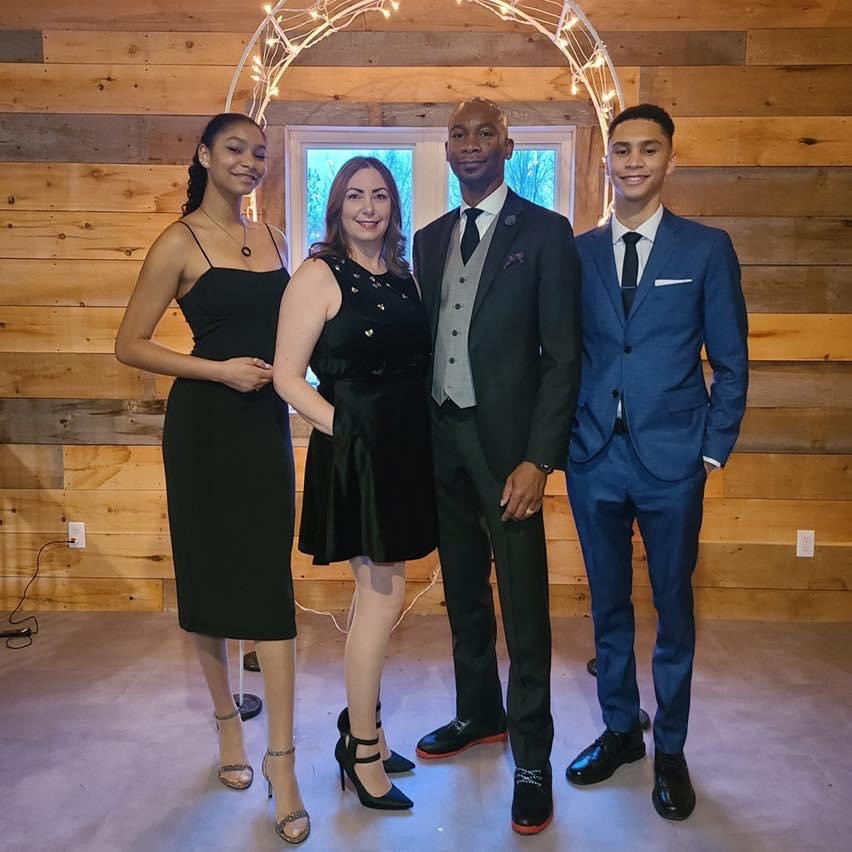
DAWOLU, before we move on to more of these sorts of questions, can you take some time to bring our readers up to speed on you and what you do?
Well I must acknowledge that perhaps unlike others you have interviewed, I am neither a business owner nor an entrepreneur. I am in fact a public servant, having worked in the Canadian Public Service for almost 20 years. I did however work previously as a freelancer in the film and television industry prior to joining government.
I am originally from Guyana (the only English speaking country in South America), having immigrated at a young age; and have spent most of my life in Canada. I am married to a Franco-Ontarian and have two teenage children.
The last thing I would have imagined when I first entered the workforce was that I would be working in government, but here I am. When the first respiratory syndrome coronavirus hit in 2003, I was working as an Assistant Producer, producing television commercials in Toronto. The dollar was getting stronger, and that coupled with the outbreak meant work was getting scarce, as less US productions were venturing north of the border.
At that time, my wife and I were expecting our first child, and had also just bought our first home. I tried getting a few additional part-time jobs, but it really was not cutting it, so I turned my sights to government, hoping that I would get any entry level job.
I managed to get a term position as a CR-04 call centre agent at the HRDC Job Bank Call Centre in Toronto, and deployed six month’s later to a clerk position processing applications into the Foreign Workers Program. It was there that I met my Manager Jennifer. She was my first “power of one”! She told me frankly that I should not be working there, and that given my background I should be in Communications. She encouraged and supported me in applying on job competitions, until six months later at the beginning of 2005, I became an IS-03 Communications Officer in the Ontario Regional Office of HRSDC/Service Canada. So began my career as a communicator in the Federal Public Service.
I would say that in my present position as the Director General of Communications and Public Affairs, at Veterans Affairs Canada, the services that I and my teams provide to our partners in the department, consists of evidenced-based strategic communications advice and support, along with a reactive issues management team, supported by our creatives services, data and consultations, social and digital teams.
It is our job to understand and anticipate the objectives of our clients, because once the objective is understood, we can through an understanding of the issues, environment, audiences, etc., provide the approach, tools, and tactics to meet that objective, through marketing and communications.
I think what sets me apart as a Director General of Communications is that I bring a unique perspective as a male Black immigrant Guyanese/Canadian. My lived experience will be vastly different than the majority, if not all, of my peers. Together, with my diverse experience both within and outside of the public service, all contributes to my depth and breadth.
At this point in my career, the thing I am most proud of (in my professional life), is being the Champion of the Career Development Initiative for Black, Indigenous, and Racialized (BIR) federal communicators. A project on which I am collaborating with the Communications Community Office, to design and build a program that, can support the career development, and if successful the advancement of BIR communicators in the federal public service.
I think the thing that I want people to know about me as a leader is that I bring an authentic and transparent leadership approach that seeks to balance the organizational priorities with the health and wellness of my team. In my opinion, that can be achieved through training, opportunity, collaboration, work/life balance, all through the lens of a client service mindset. I think this is my personal brand,
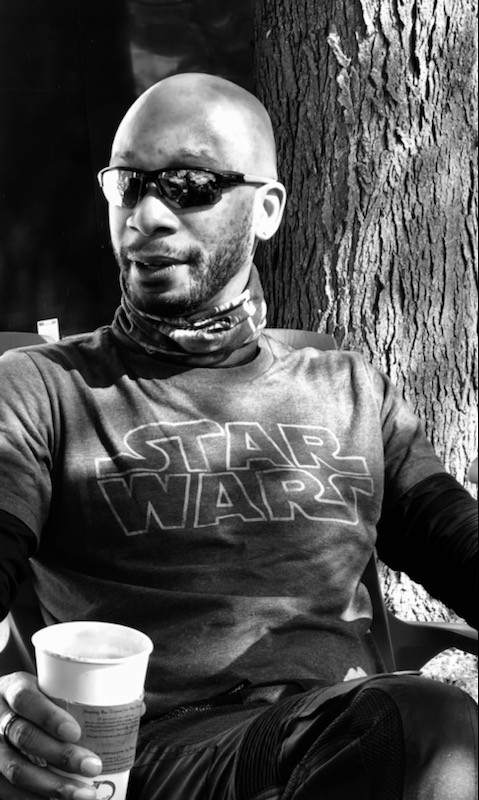
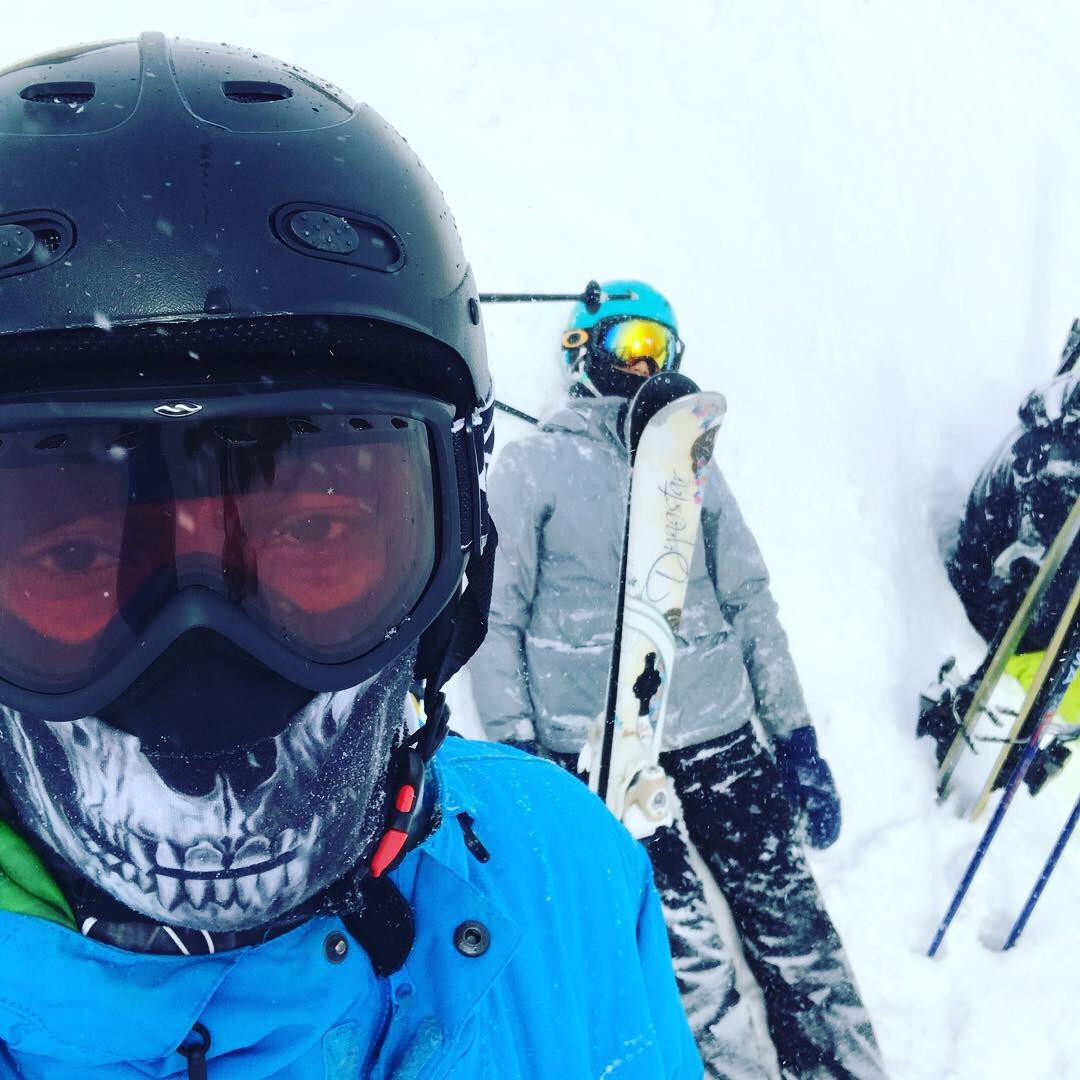

Do you have any insights you can share related to maintaining high team morale?
The advice that I would give when it comes to managing a team, is to first make sure they are thinking and operating as a team. The should have a good understanding of the roles and responsibilities of their colleagues. When direction is given it should be clear, detailed and specific. At the same time there should be opportunities where your team should be able to get creative, work the problem and find a solution on their own. That is how you build trust, empower your team and increase their confidence and experiences. Training and development opportunities should also be made available if and when possible.
At the end of the day however you can’t forget the individual, everyone has a perspective, and a life outside of work, you also have to lead with empathy. Don’t forget the human behind the position. Finally make sure to have fun, be social, there is nothing wrong with going out for a team lunch now and then or a 5 à 7 after work. It will foster cohesion and maintain the team’s morale during the rough periods, because in the world of communications they are sure to come.
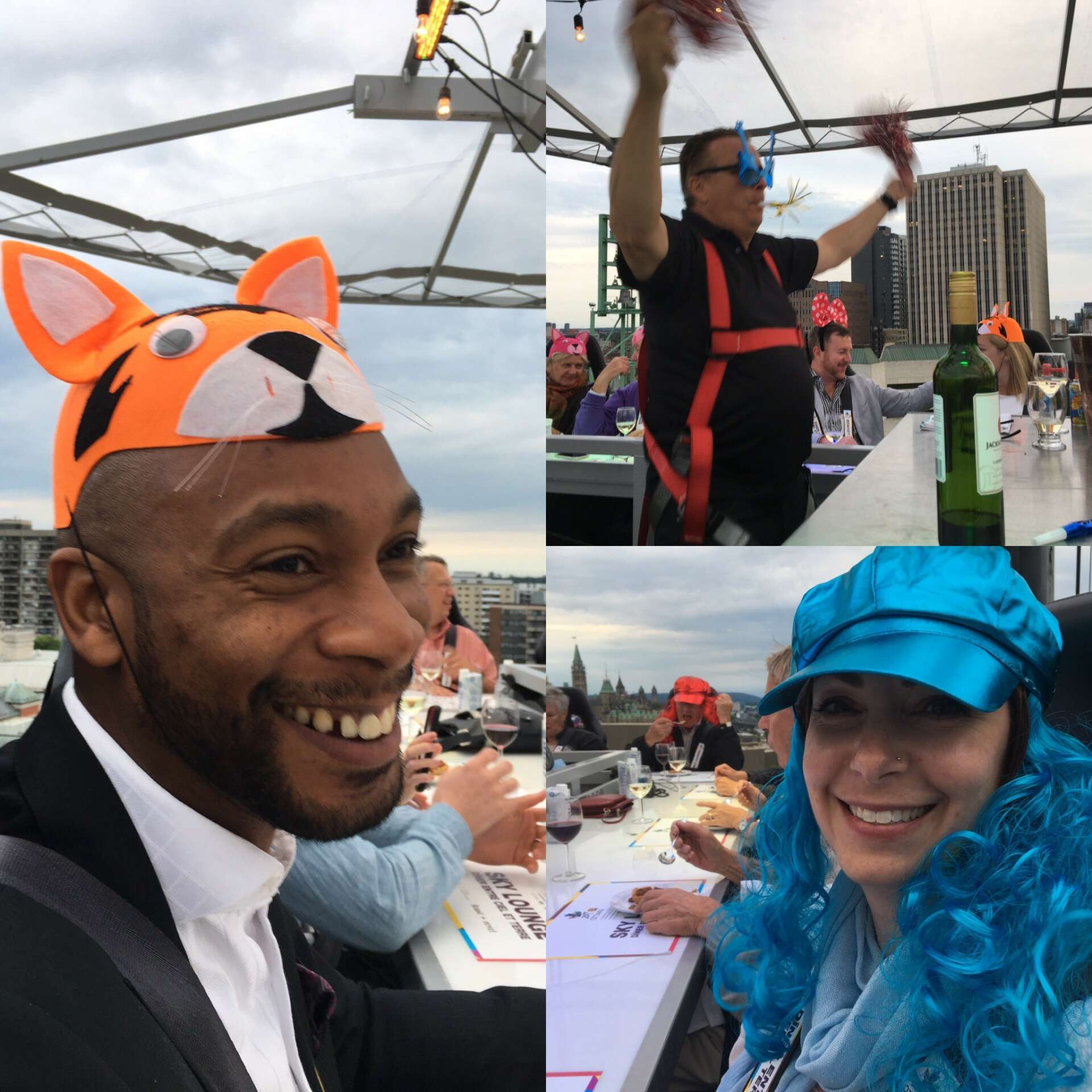
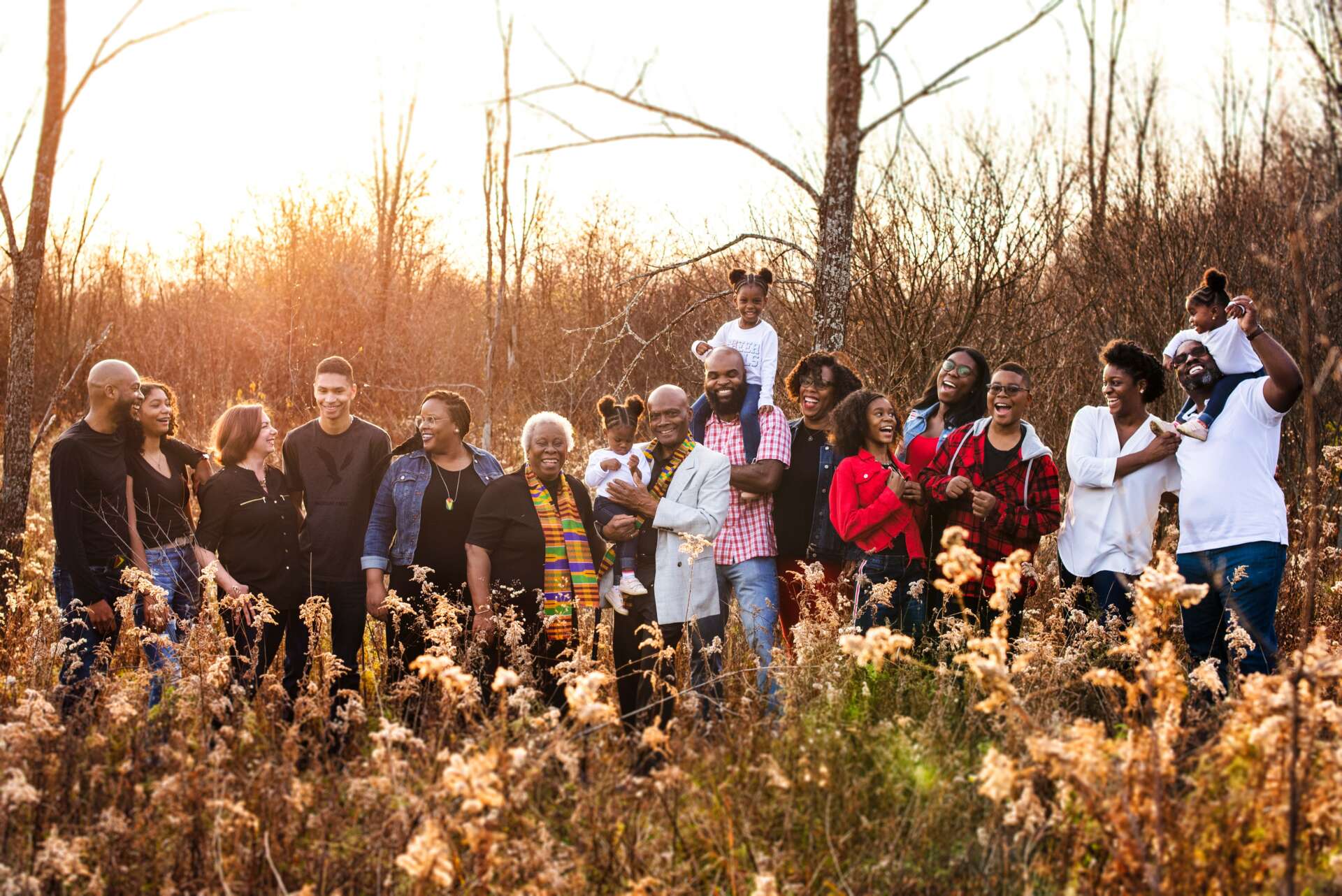
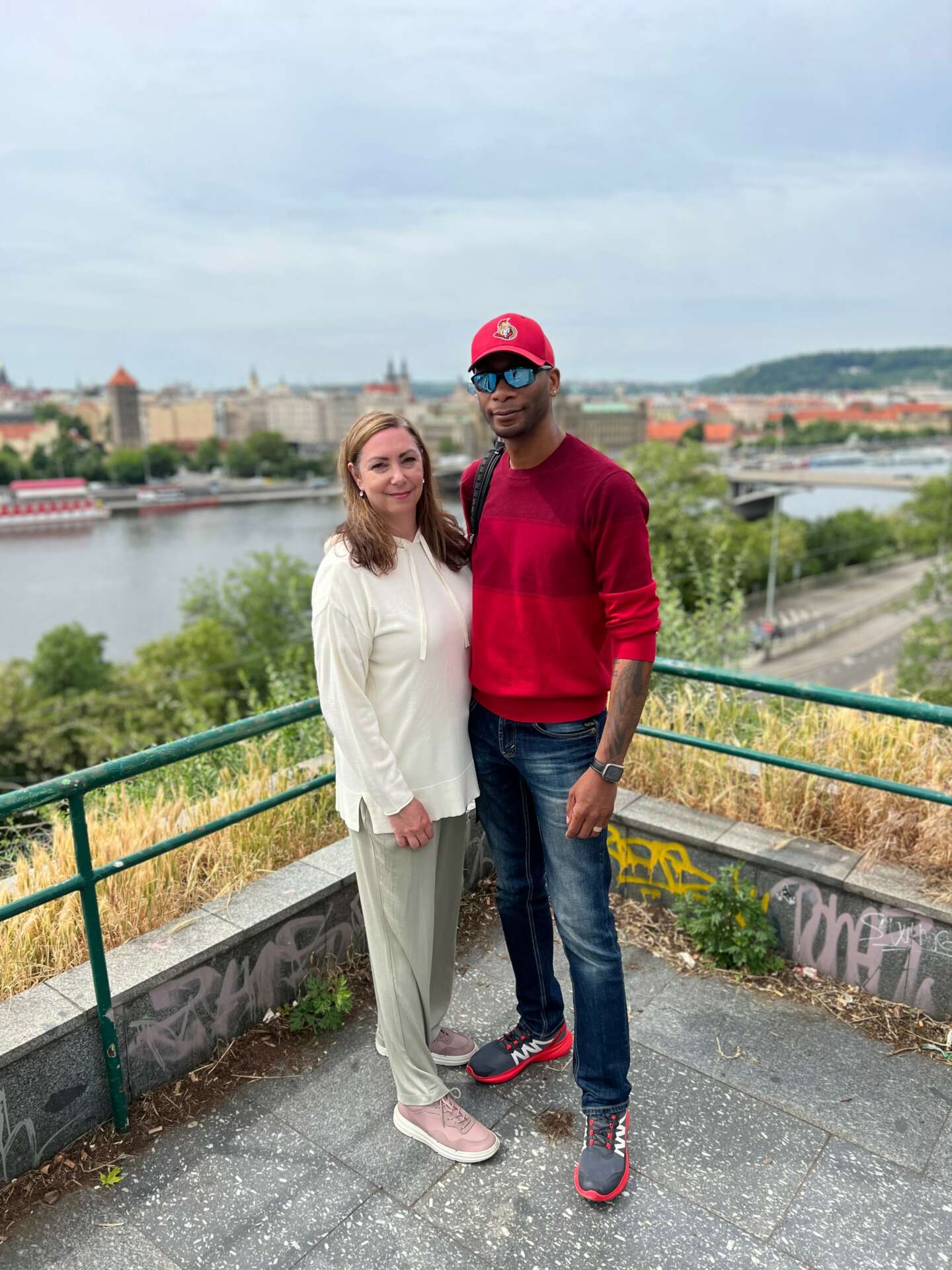
We’d love to hear the story of how you built up your social media audience?
I have a modest social media presence on LinkedIn, so I am not sure that I am best placed to advise on building an audience, but I can offer an opinion on having a presence whether physical or digital, and the importance of networking.
I always tell folks that I mentor or coach to discover and know their brand. What do you represent, what are your values, what do you bring to the table when you join a team?
Once you establish that, be visible. Establish a presence, again whether physical or digital among those leaders to whom you aspire, or among the decision makers. Be bold and establish relationships, make the connection, and then foster and maintain them. There will come a point where connections are being made because people who know the people you know, will want to know you too. Ergo your network grows, or conceivably your audience also.
Contact Info:
- Linkedin: https://www.linkedin.com/in/dawolu-saul-073b8717/
- Twitter: https://twitter.com/dasfrost


